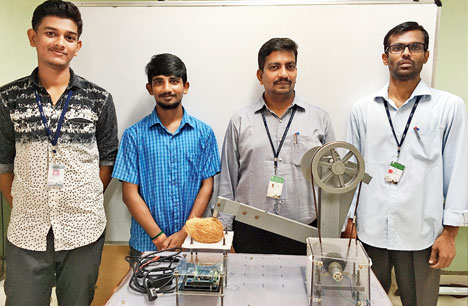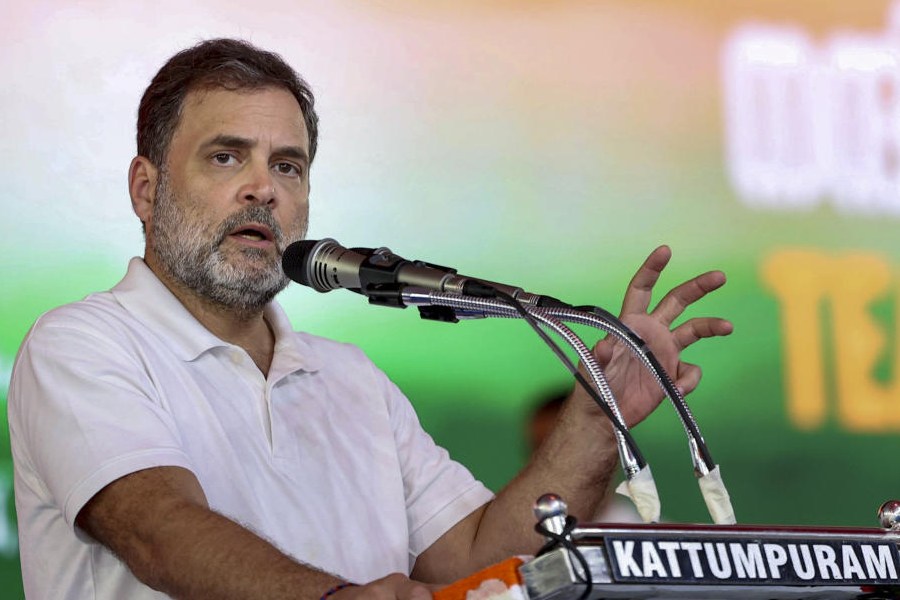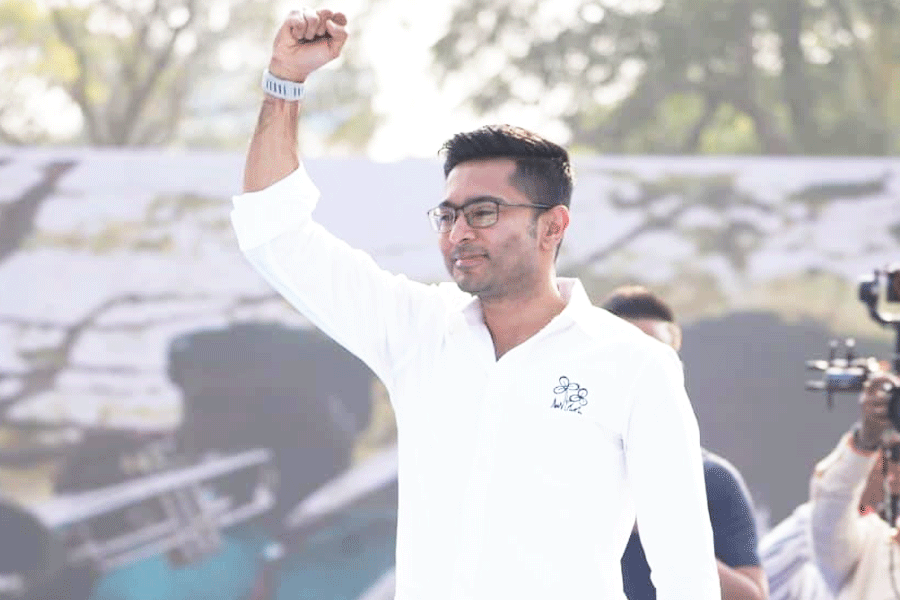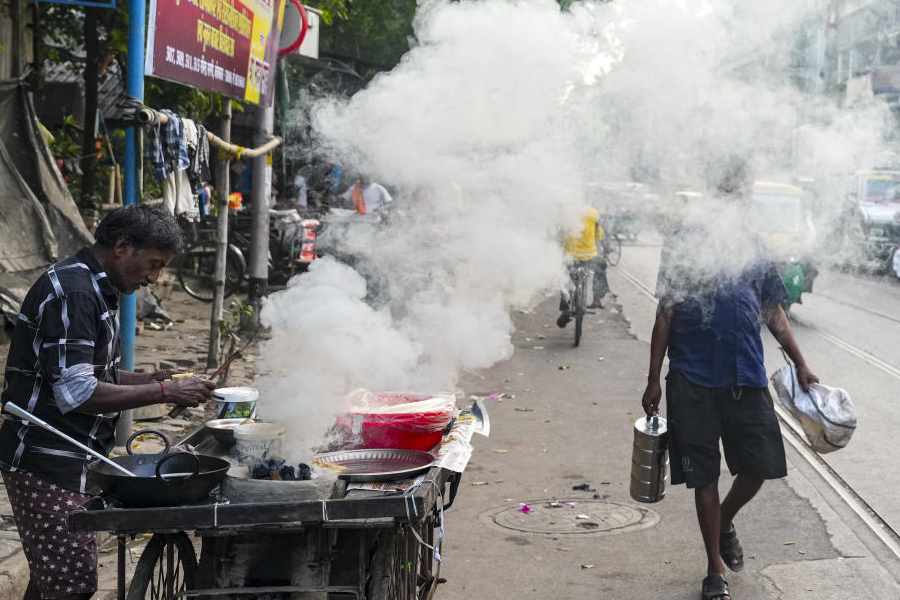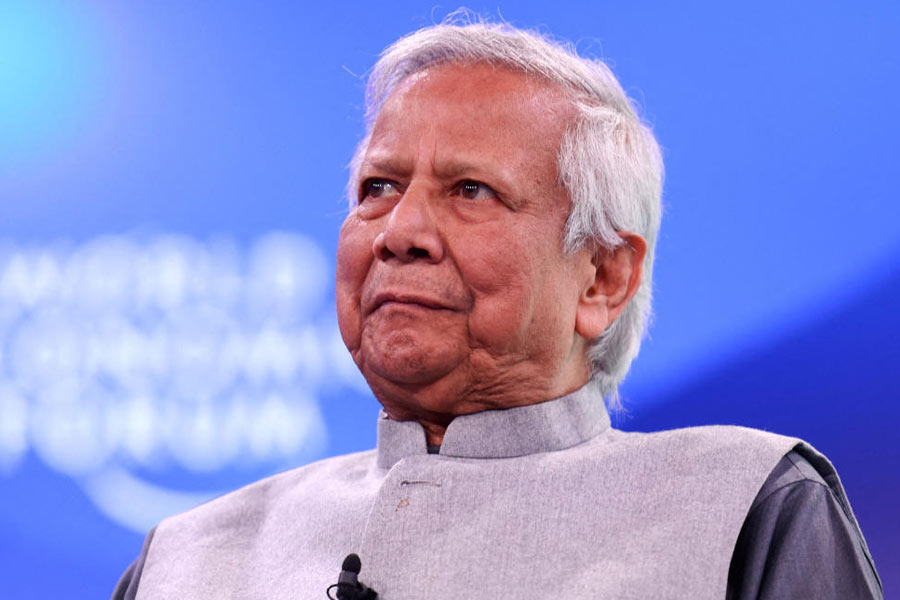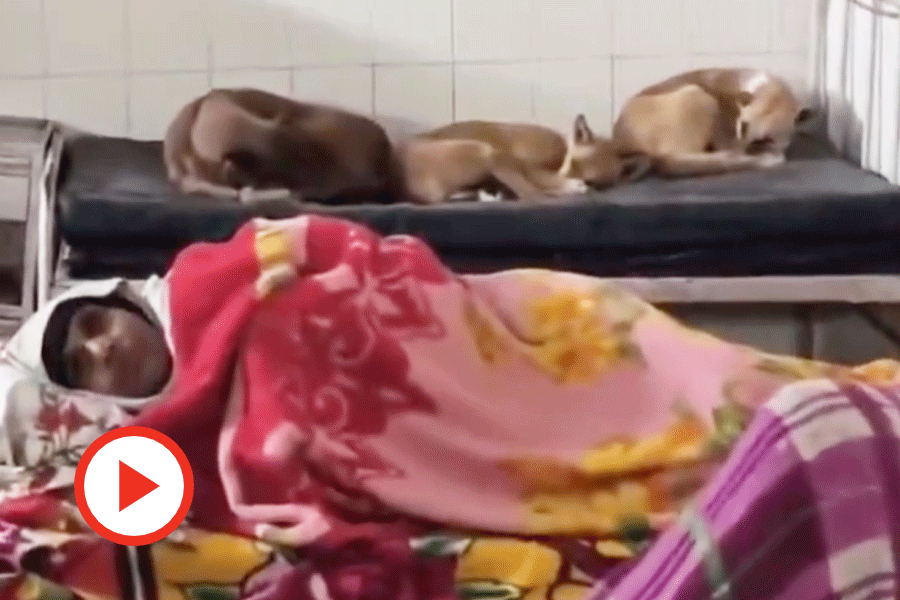
Only two weeks ago, Calcutta's Jadavpur University hosted the India chapter of the Falling Walls Lab competition. Now, Falling Walls Lab - hosted by the German House for Research and Innovation (DWIH) and German Academic Exchange Service (DAAD) in partnership with Jadavpur University - is a platform that allows academics and professionals to present their innovative ideas, research projects and social initiatives.
Veera Shanthi Ram from Tamil Nadu secured first place.
Veera grew up in Kovilpatti, a small town in the southern corner of the state, famous for its coconuts. As far back as he can remember, the biggest problem farmers here faced was grading the thousands of coconuts harvested from various groves. "It's not easy to determine the quality of a nut and grade it accurately," says the final-year student of Electronics and Instrumentation Engineering at the National Engineering College, Kovilpatti.
The grade of the nut determines whether it will be used in food, or in the pharmaceutical or cosmetic industry. Experienced farmers can just knock on the nut and grade it based on the sound it produces. But this is a hard-earned skill that is difficult to come by.
Veera thought it would be wonderful if this method could be standardised and replicated by a machine. In college, he discussed this idea with Prof. Jackson Daniel and a few friends. "With their encouragement and support, I discovered an algorithm based on the traditional method of knocking the nut and the sound it creates," he says. Then, he turned this into a device that could grade a coconut based on the algorithm. Veera will fly to Berlin in November to take part in the global finals.


Among the 15 other finalists who presented their innovations at Jadavpur was Anisha Krishnakumar who designed an ergonomic brassiere attachment that can facilitate early detection of breast cancer by capturing temperature variations in the breast tissue using thermal sensors. The senior undergraduate student of Chemical Engineering at the National Institute of Technology in Warangal, Telangana, won second place.
Three out of five cases of breast cancer are only detected in the advanced stage because women are too embarrassed to see a doctor. "The sensors are embedded in cups that a woman can attach to any type of clothing," she explains. "Using a basic app, the user can begin the diagnosis test, and upon doing so, the sensors record temperatures in breast tissue and this data is processed by an algorithm which predicts the likelihood of the presence of a cancerous tumour."
Anisha's aim is to eventually introduce the product in the market at a cost of Rs 500-Rs 600.
Doctoral student Amit Sanjay Lokhande, of the Institute of Chemical Technology (ICT) in Mumbai, won third prize for his phosphorous detection kit for cattle. It is necessary to monitor phosphorus levels in cows since low levels result in decreased milk production and loss of fertility, while high levels (due to over supplementation) can cause dehydration and calcium imbalance. Says Amit, "I developed the Phos-Det, a rapid, colour-based, blood serum phosphorus detection kit. The approximate cost for every 10 tests is Rs 200 only."
The competition also saw Aashish Raj, a graduate from the National University of Singapore, present a device called Moksha that aims to check river pollution. Says Aashish, who mentors students at the Government Multipurpose High School in Bilaspur, Chattisgarh, "It struck me when we were immersing my grandfather's ashes. Immediately after we immersed them, I saw a man fill up a vessel with river water for domestic use."
So he came up with a box in which one can place the ashes and set if afloat. There are gaps that allow the water to flow through but the ashes stay behind. Therefore, the river does not get polluted.
What was heartening about the Falling Walls Lab competition was not only the fine science on display but also the heart that made every invention tick.
STUDENT COMPETITIONS
http://www.falling-walls.com/lab:
The Falling Walls Lab offers hundreds emerging talents, entrepreneurs and innovators a stage to pitch their research work, initiatives or business models to their peers, and a distinguished jury from academia and business.
https://valeoinnovationchal lenge.valeo.com/
Valeo wishes to encourage students from all over the world to innovate and develop their entrepreneurial spirit, offering winners the opportunity to create their own start-ups
https://www.shell.com/careers/ students-and-graduates/shell-ideas360.html
Shell Ideas360 is more than a global competition that connects students to develop ideas to tackle the pressures on the world’s food, water and energy resources.

